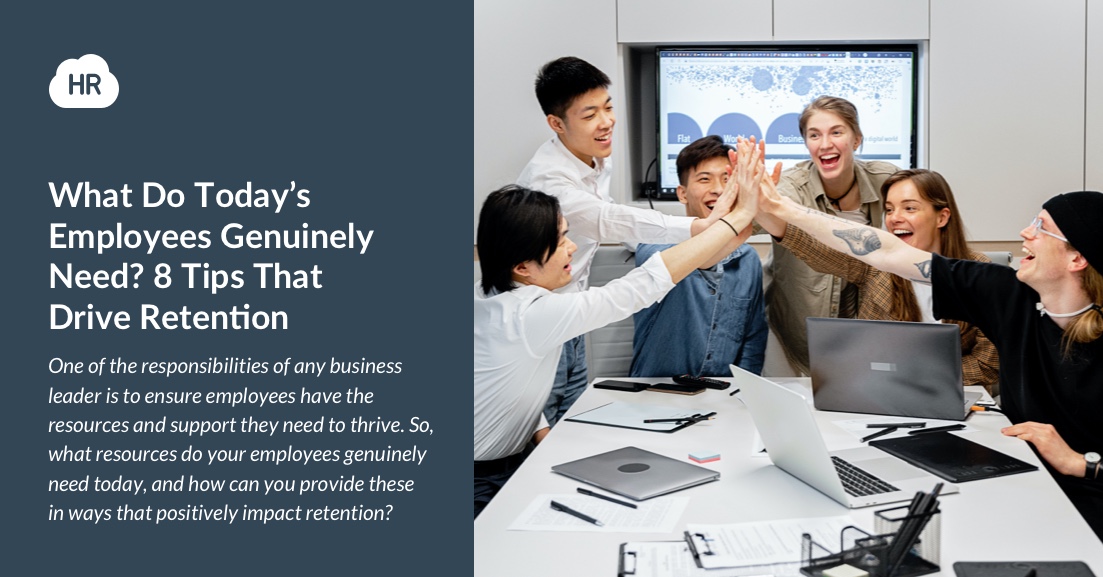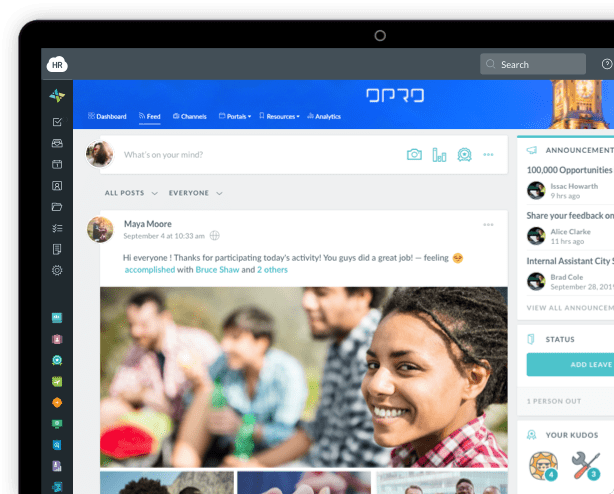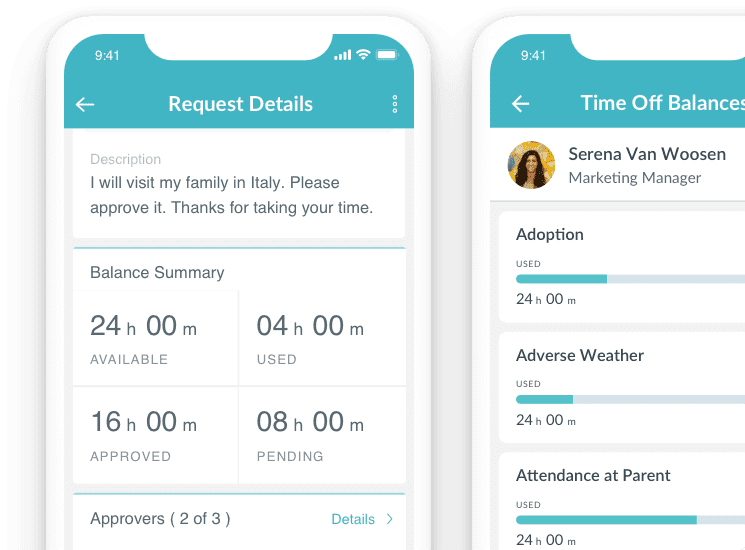What Do Today’s Employees Genuinely Need? 8 Tips That Drive Retention

One of the responsibilities of any business leader is to ensure employees have the resources and support they need to thrive. This is especially important right now as the Great Resignation is seeing employees quit en masse. There are, of course, various influencers of the dysfunctional turnover many companies are experiencing. However, often the crux of the issue surrounds how employees feel disrespected by their treatment in the workplace.
This doesn’t mean it’s practical or even effective to simply give employees whatever they want. Not only does that put your company in a precarious financial situation, but it then creates a lack of job security for your staff. Rather, it’s more important to focus on offering resources and tools that employees genuinely need. Your efforts here both demonstrate your commitment to your employees while also benefiting your company.
So, let’s dive a little deeper into this issue. What resources do your employees genuinely need today, and how can you provide these in ways that positively impact retention?
Fair Pay
One of the key elements impacting employee retention at the moment is pay rates. This isn’t necessarily a case of having to avoid the potential for your competition to poach employees due to higher rates. Rather, your employees need to know that your company recognizes what they bring to the organization and that you care about their quality of life.
As such, your business needs to at the very least provide employees with a living wage. This refers to an hourly pay rate that enables employees to pay for food, shelter, healthcare, savings, and other necessities. It may seem like a basic request to pay a living wage, but only 1 in 22 major companies that pledged to provide a living wage is actually doing so. To increase employee retention, provide raises wherever possible beyond the minimum living wage rate and adjust regularly for the cost of living increases.

A lack of flexibility is one of the primary influencers of employees quitting during the Great Resignation. This is often because unnecessarily strict working practices impact employees’ quality of life. It means they’re unable to spend enough time with their families or attend to personal interests. Not to mention, they may have childcare or educational commitments that their working hours are preventing them from maintaining.
Therefore, you can usually find retention is improved when you’re open to flexible operations. This may involve allowing employees to collaborate with managers to choose when they perform their allocated hours. Increasingly, it involves offering remote or hybrid working options. It’s not always possible for businesses to provide a fully open protocol, but you should demonstrate a willingness to adapt.
Equal Accessibility
It is vital for your employees’ welfare and the success of your business that you make your workplace equally accessible. This doesn’t just serve your legal duties under the Americans with Disabilities Act (ADA). It also helps to ensure your employees are always able to perform comfortably and to the best of their ability. This tends to help retention, as your employees can see you’re committed to meeting their needs and maintaining solid ethics.
Nevertheless, it’s important to ensure you’re focusing on more than just the physical environment. Your digital tools and company website also need to be accessible. ADA website compliance includes making your assets easily navigable using just a keyboard. You must also ensure high color contrast between the text and background of your sites and software to make these accessible to those with visual impairments. Review ADA guidelines every so often to make sure your website is up to date with the most accessible upgrades. This will show employees that you are continuing the effort toward accessibility.

Supportive Leadership
The division between executives and staff can also be a contributor to dysfunctional turnover. Often, this comes from the tendency for some leaders to treat employees too much like disposable resources rather than talented contributors to success. It is, therefore, vital for company leaders to provide their employees with meaningful support.
This should include creating a culture in which employees feel able to approach managers and executives when they’re struggling. They need to know that leaders are not just business-minded, but they are also empathetic. Whether employees’ concerns are related to the company or personal in nature, they should be confident that your company will work with them to find solutions. You’ll find your efforts here are especially effective in the current climate of economic and social uncertainty.
Transparent Communication
Communication is among the most important tools any business has. This isn’t just a matter of maintaining productivity. The confusion and uncertainty that results from a lack of effective communication tend to be frustrating and stressful to employees. As such, it can have a profound influence on their willingness to remain with the business.
On the other hand, transparent interdepartmental communication benefits performance and employee satisfaction levels. A clear and open flow of information builds trust between colleagues and helps them forge stronger bonds. This raised morale can feed into efficiency as colleagues across teams find they’re more compatible collaborators. From a retention perspective, employees are often more likely to maintain connections with companies they have positive experiences with. Great communication helps to build a culture to which they want to keep contributing.

Mental Health Resources
Mental wellness is a common point of discussion surrounding employee welfare at the moment. There is increasing recognition of how working practices, environments, and relationships impact psychological and emotional health. Experiences at work can lead to depression, anxiety, and burnout among other conditions.
Naturally, negative influences on employees’ mental wellness don’t tend to support long-term retention. Not to mention that your company is likely to experience high absenteeism along the way. As such, your employees need effective mental health resources. This may include access to subsidized counseling services. Access to spaces for meditation and decompressing in the office can be effective. Many businesses also work with mental health organizations to provide staff with education on recognizing and addressing symptoms at work.
Paths to Progression
Nobody wants to feel as though their career has stagnated. This leads to employees feeling less satisfied with their employment. Not to mention that employees are prioritizing jobs that provide them with stability, which they’re less likely to experience without growth. It should, therefore, be one of your company’s priorities to provide all employees with paths to progression.
This begins with implementing accessible employee development protocols. Your progression plans shouldn’t unfairly benefit employees that are neurotypical or have had traditional educational experiences. Talk to employees individually about their goals and their challenges. Human resources (HR) departments should then start to establish the most appropriate plans and resources for meaningful development. When employees can see that your business is committed to investing in their future, this tends to positively impact retention.
The 40 Best Thank You
Messages for Colleagues
building a positive and engaged culture at your company.

Conclusion
Most businesses can’t survive long with consistently dysfunctional turnover. This means that you need to identify and leverage the resources that are most meaningful to your employees. Paying at the very least a living wage helps to reduce the stress your employees experience. Though, you should aim for salaries reflective of their contributions. Flexibility in schedules and the workplace supports employees’ personal needs. It’s also important for businesses to build positive cultures through transparent communication and supportive leadership.
Remember, too, that employees are less likely to stick with a business that doesn’t encourage their growth. You can’t avoid turnover entirely, as it’s a natural part of the employment lifecycle. Nevertheless, your efforts to support employees help minimize unnecessary turmoil and create positive experiences for everyone involved.
About Author:
This article is written by a marketing team member at HR Cloud. HR Cloud is a leading provider of proven HR solutions, including recruiting, onboarding, employee communications & engagement, and rewards & recognition. Our user-friendly software increases employee productivity, delivers time and cost savings, and minimizes compliance risk.
The 40 Best Thank You
Messages for Colleagues
building a positive and engaged culture at your company.

Keep Reading
Balancing Technology and the Human Touch in Employee Engagement
Companies are taking employee engagement very seriously because it is one of the ways of
Building Strong Teams: The Power of Team Bonding Exercises
Never overestimate the power of collaboration as a core element of effective team


